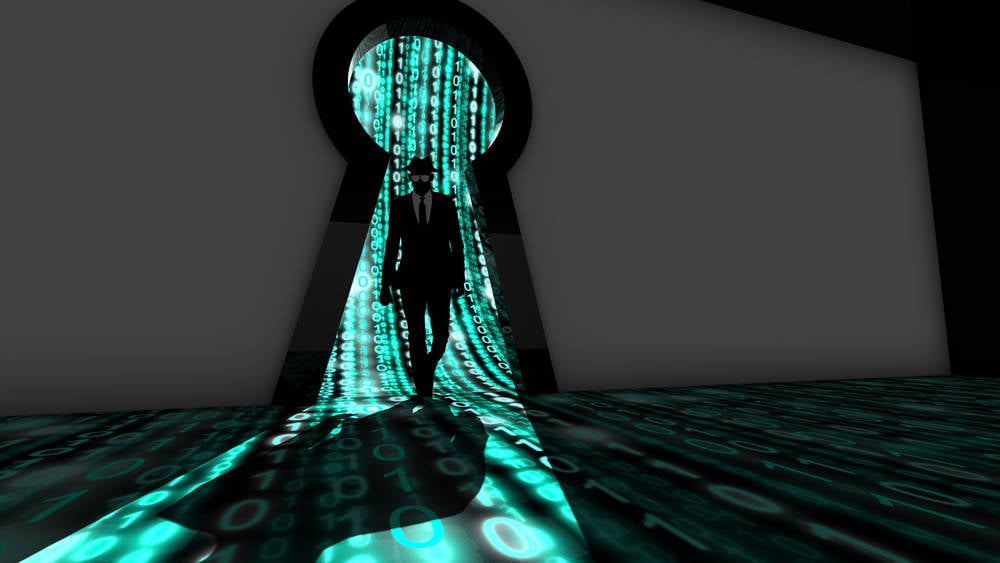FBI finally gets the memo that, yes, other people can find and use mandated back doors
Took them long enough. The government is still too stupid to deal with technology if it took them this long to start realizing back doors are bad for security.
Of course, it took China Bad to make them realize the benefits of security.
I still give it 5 months before the US is demanding backdoors again.
War on drugs
War on terror
War on chat encryptionAll three of these are technically still ongoing.
Made it Worse
Made it Worse
Made it Worse
The problem is that the government is speaking out of both sides of it’s mouth.
Dec 20, 2024
But at an important meeting of experts this week in Saudi Arabia, an FBI official appeared to take a different view, one that suggests the FBI’s perspective on encryption has shifted very little. The annual UN Internet Governance Forum happening in Riyadh this week was a crucial moment to talk about encryption, and the FBI convened a panel to discuss encryption in the context of child safety, of which I was a speaker and including other experts from the UK, Australia, New Zealand, and the US. During the session, FBI section chief Katie Noyes said, “We are very supportive of encryption technologies. We just want them to be managed in a way, much like in telecommunications.”
Similarly, in a video posted by the agency two weeks ago, FBI Assistant Director Bryan Vorndran said, “The FBI has been really, really consistent about our stance on lawful access encryption. We’re actually big, big supporters of it, but it has to be reasonably responsibly managed so that we can get what we need on the other side.”
This source is a little older, but it also shows why it’s not as simple as the US just getting over it. There are information sharing agreements among the Five Eyes that pushes them all toward backdoor encryption access. This is an older article, but it helps confirm that these five countries are hardline gunning down the path towards encryption backdoors and hasn’t ever really stopped. It will take more than Salt Typhoon for them to really get the message I think.
https://www.cnbc.com/2020/10/12/five-eyes-warn-tech-firms-that-encryption-creates-severe-risks.html
Ministers from the U.S., U.K., Canada, Australia and New Zealand published a statement Sunday calling on the tech industry to develop a solution that enabled law enforcement to access tightly encrypted messages.
“We urge industry to address our serious concerns where encryption is applied in a way that wholly precludes any legal access to content,” the statement, which was signed by U.S. Attorney General William Barr and U.K. Home Secretary Priti Patel, said.
“We are very supportive of encryption technologies. We just want them to be managed in a way, much like in telecommunications.”
I just threw up a little bit
Yeah that telecommunications part is working out great right now, huh? Well, i guess we just gotta keep fighting them.
Considering anyone who isn’t an idiot already uses steganography for security, who is this for?
According to you, only a half dozen of people are not idiots on this world, correct?
why would everyone, or even just I as a kind of technically adept person, use steganography daily? what problem does it solve?
I don’t understand your comment. Steganography in computing is about hiding messages inside other media, but this doesn’t in itself achieve any kind of encryption. The current discussion is about encryption, and whether it should have backdoors (the answer is no). Even if you hide your message in an image or video file, you still face the question of how to encrypt it. So steganography seems orthogonal to the debate about encryption.
maybe they mean stenographery and wanna learn how to use a stenotype with Signal.
Important to note the “done and dusted” quote in the headline of this article (and most of the rest of the “content”) isn’t from anyone at any government agency. It comes from a guy who runs a “data encryption start-up” and is shilling his own product. Most of the “news” being covered here is just speculation from this one guy.
The only “reversed course” from the government, as alluded to in the article, is CISA encouraging government employees to use E2EE messaging since our telecom infrastructure is basically perma-pwn’d by the Chinese.
Government intelligence agencies would still VERY MUCH like to have backdoors in this encryption and there is nothing to indicate that has changed.





